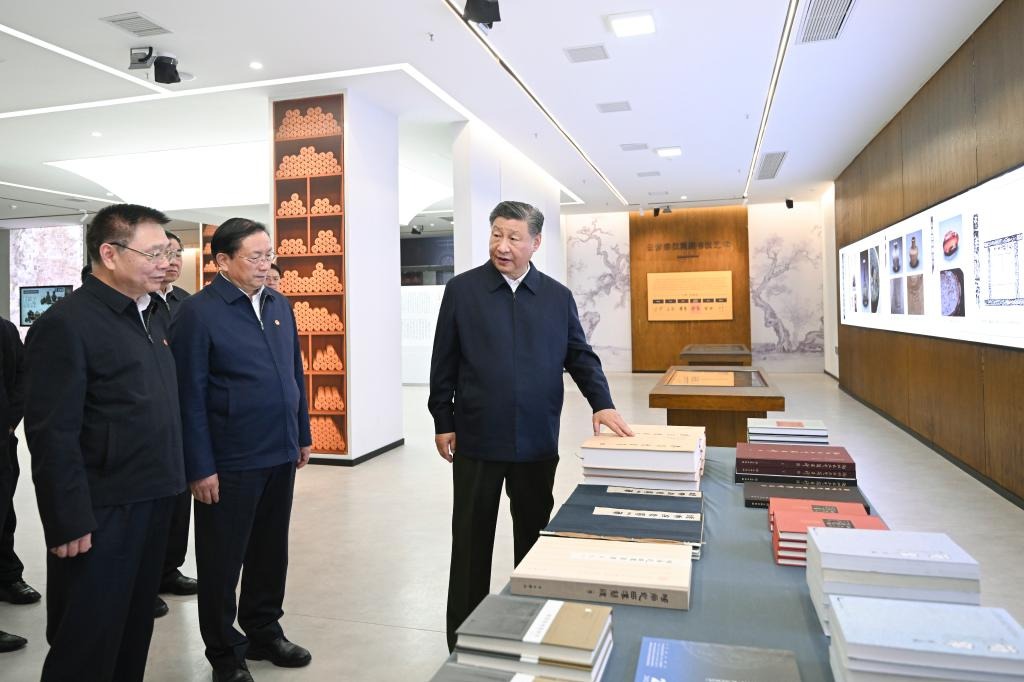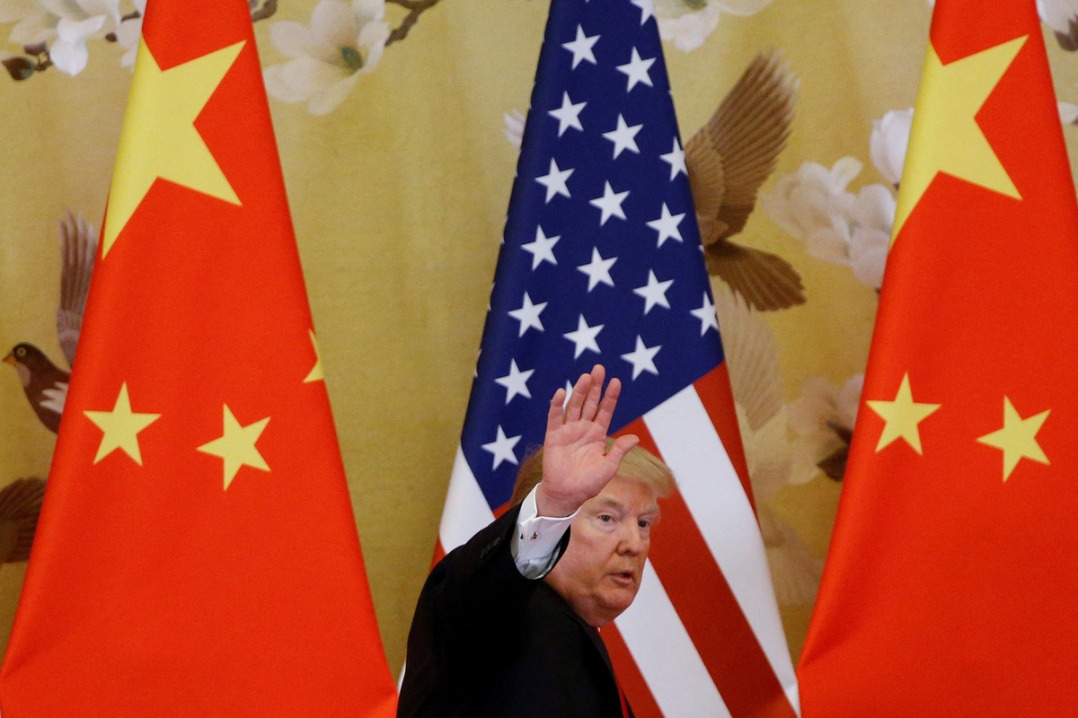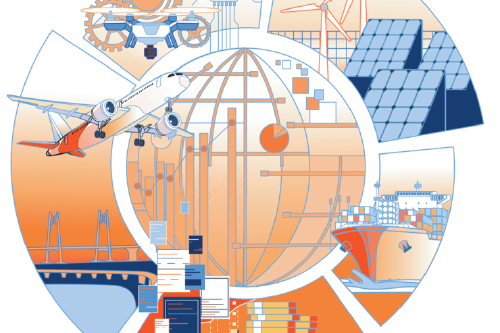A time for patience
As US dominance comes to an end, it intends to create tensions in Asia, using Japan, the Taiwan island or the Philippines as pawns, but non-G7 countries must treat it carefully


After the collapse of the Soviet Union, the world was dominated by the United States. The world was compelled to play under Washington's rules, or pay a steep price, from crippling sanctions to outright regime change, according to Graham Allison, a Harvard professor and expert on international relations.
However, the world has changed.
According to the World Factbook of CIA data in 2024, China has overtaken the US in terms of GDP (purchasing power parity) with $31.2 trillion to the US' $24.7 trillion. Furthermore, at $48.5 trillion, the total GDP of G7 countries — the US, Japan, Germany, France, the United Kingdom, Italy and Canada — is less than $63.8 trillion, the total GDP of seven top non-G7 countries — China, India, Russia, Brazil, Indonesia, Turkiye and Mexico.
The future of economic development depends largely on research and development in each country. Going by the number of top 10 research papers in natural science in 2020-22, China ranks the top, with 28.9 percent of the world's total, followed by the US with 19.2 percent, according to Science and Technology Indicators 2024 by the National Institute of Science and Technology Policy in Japan. This shows the likelihood of China's R&D overtaking that of the US in the future.
This change of economic power has influenced diplomacy and security.
Now, unlike before, the US cannot impose its will on Russia, Palestine and China. In the case of the Ukraine crisis, the US cannot destroy Russia's economy as intended.
With the change of economic strength, the world is divided into two groups. Group A imposes the US' will on others, while Group B opposes Group A.
Because of the relative decline in its strength, the US has intensified its demand for obedience from allied countries, which can be seen in US-Japan and US-Germany relations. The Group B is loosely coordinated, with its possible leading idea being the Five Principles of Peaceful Coexistence, which promotes mutual respect for sovereignty and territorial integrity, mutual non-aggression, non-interference in each other's internal affairs, equality and mutual benefit, and peaceful coexistence. This concept excludes the possibility of one country's dominance over others.
Currently, the world faces three major conflicts and tension — the Ukraine crisis, the war in Gaza and the tension over the Taiwan region.
Theoretically, all three can be managed and solved peacefully, if the world is sincere about achieving peace.
Regarding the crisis in Ukraine, an agreement on NATO not expanding to Ukraine will end the war. As for Gaza, acceptance of a two-state solution will decrease tensions.
As for the Taiwan question, if the US maintains the position, stated in the Shanghai Communique in 1972, that "the US acknowledges that all Chinese on either side of the Taiwan Strait maintain there is but one China and that Taiwan is a part of China", the tension in the region will be reduced.
However, unfortunately, it is unlikely the US wants tension to reduce. And now, China is its biggest target.
In a public opinion Gallup poll conducted in February, 1,016 randomly selected adult residents were asked which country they considered to be the US' greatest enemy today. In response, 41 percent named China, 26 percent Russia, 9 percent Iran, 5 percent the US itself, and 4 percent the Democratic People's Republic of Korea.
Currently, the US is indirectly participating in the Ukraine crisis. However, to US citizens, the "threat of China" is perceived as greater than the threat of Russia. We should not underestimate this sentiment.
The more time passes, the more China closes in on its economic power gap. The more time passes, the stronger the economic power of non-G7 countries becomes.
We should include the time element in the formulation of policies.
China can maintain the Five Principles of Peaceful Coexistence. If other non-G7 countries accept the five principles, the world is likely to go toward peace and prosperity.
However, before that, the US might lay traps to prevent that trend, just as it did in Ukraine where it led Russia to war by stepping up the movement for Ukraine's inclusion in NATO, increasing paranoia among Russians, and providing Ukraine huge amounts of weapons such as antitank missiles and land-to-air missiles to counter Russian forces.
The military-industrial complex plays a decisive role in the formulation of US security policies, which are, unfortunately, toward creating political confusion and military involvements in the world.
In the case of Asia, the US intends to create tensions, if possible, military confrontations, using Japan, the Taiwan region or the Philippines as pawns. As far as Japan is concerned, this process is going on with people being unaware.
For non-G7 countries, this is a time for patience and seeking management in every area of trouble, in order to enjoy peace and prosperity in the future.
The author is director of the East Asian Community Institute and former professor of the National Defense Academy of Japan. The author contributed this article to China Watch, a think tank powered by China Daily. The views do not necessarily reflect those of China Daily.
Contact the editor at editor@chinawatch.cn.
































